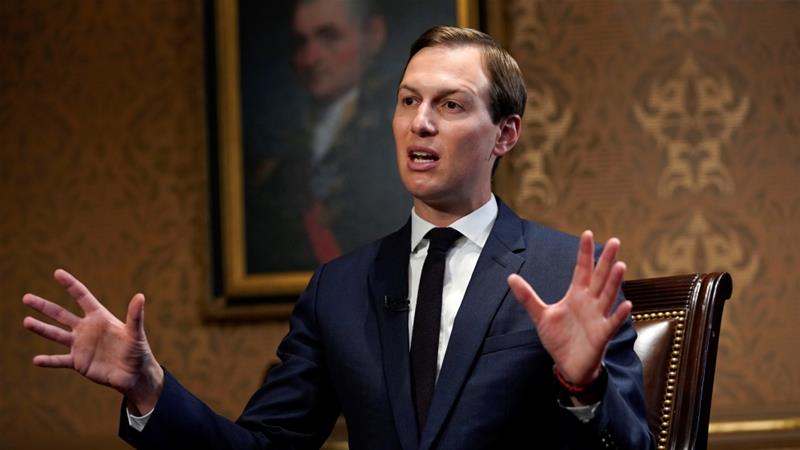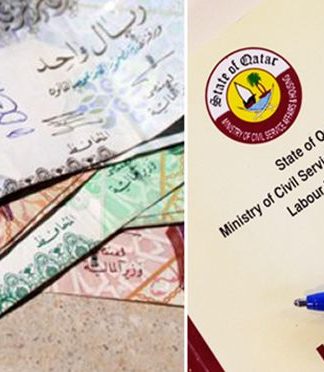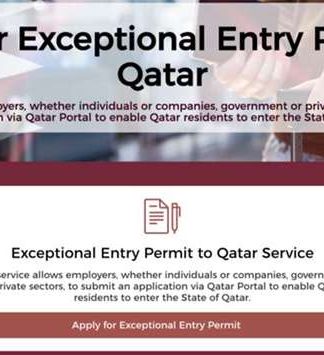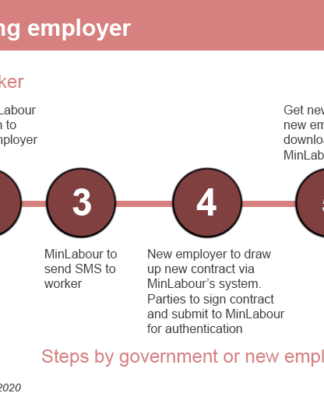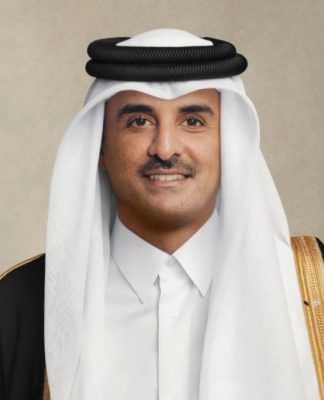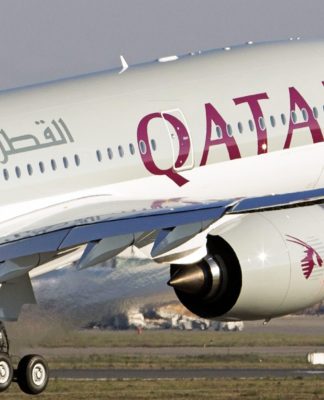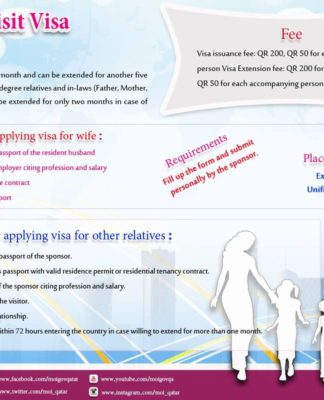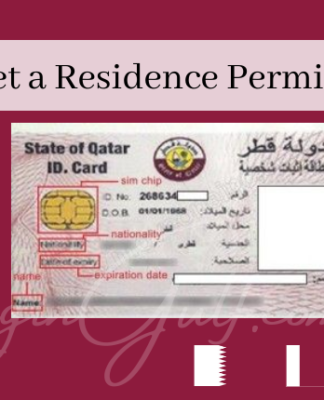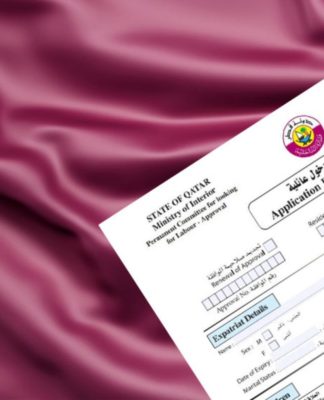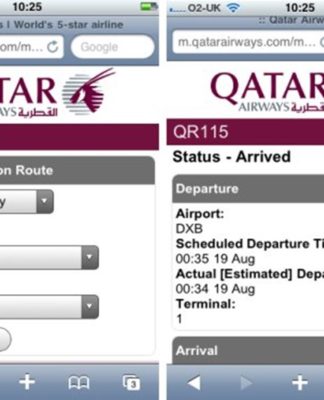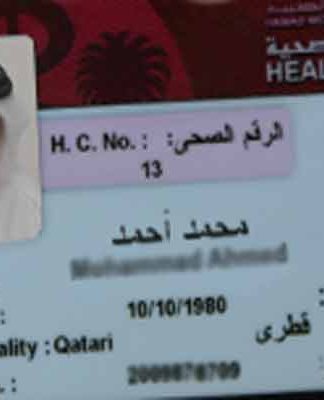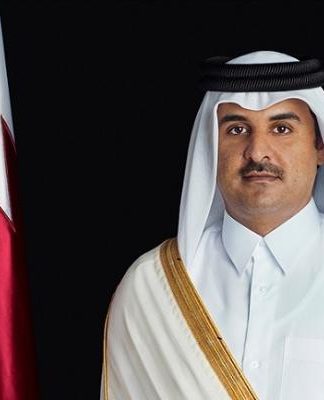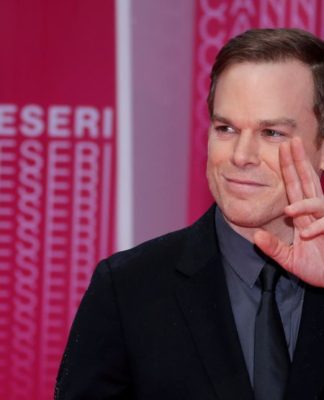Palestinian officials dismiss $50bn investment and infrastructure proposal, say political solution must be found first.
The United States has revealed a proposal to create a $50bn global investment fund for the Palestinians and neighbouring Arab states, designed to be the economic engine of the long-awaited US Middle East peace plan.
The plan was posted on the White House website on Saturday, two days before a US-led workshop in Bahrain where the economic portion of the so-called “deal of the century” is set to be discussed.
The Manama conference is taking place despite opposition from the Palestinians, who will not attend.
Palestinian Authority President Mahmoud Abbas on Saturday rejected the economic plan and the US peace effort, which is led by US President Donald Trump‘s senior adviser Jared Kushner.
“The economic situation should not be discussed before the political one,” Abbas said on Saturday. “As long as there is no political solution, we do not deal with any economic solution.”
‘Less controversial’
Speaking to Reuters News Agency, Kushner, who is also Trump‘s son-in-law, said the economy first approach was “necessary” to break away from the political side, as it would be “less controversial”.
“Let’s let people study it, give feedback,” he said. “Let’s try to finalise if we can all agree on what that could look like in the event of a peace agreement.”
Fundamental political issues such as the occupation of Palestinian territories, the right of return for refugees and their descendants (of which roughly five million live in refugee camps in neighbouring Arab countries) and border sovereignty were not mentioned in the plan.
Instead, the economic scheme included 179 infrastructure and business projects, a billion-dollar investment to build up the Palestinians’ tourism sector, and a five-billion-dollar transportation corridor to connect the West Bank and Gaza Strip.
More than half of the $50bn would be spent in the economically troubled Palestinian territories over 10 years while the rest would be split between Egypt, Lebanon and Jordan, according to the plan.
Some of the projects would take place in Egypt’s Sinai Peninsula, where investments could benefit Palestinians living in adjacent Gaza, a crowded and impoverished coastal enclave blockaded by Israel and Egypt for 12 years.
According to Kushner, the 10-year plan “would create a million jobs in the West Bank and Gaza”.
“It would take their unemployment rate from about 30 percent to the single digits,” he said. “It would reduce their poverty rate by half, if it’s implemented correctly.”
His comments drew the ire of Hanan Ashrawi, a member of the Palestine Liberation Organization (PLO) executive committee.
“First, lift the siege of Gaza, stop the Israeli theft of our land, resources and funds, give us our freedom of movement and control over our borders, airspace, territorial waters etc,” she said in a post on Twitter.
“Then, watch us build a vibrant prosperous economy as a free and sovereign people.”
In Gaza, Hamas official Ismail Rudwan also rejected Kushner’s proposals.
“We reject the ‘deal of the century’ and all its dimensions, the economic, the political and the security dimensions,” Rudwan told Reuters.
“The issue of our Palestinian people is a nationalistic issue, it is the issue of a people who are seeking to be free from occupation. Palestine isn’t for sale, and it is not an issue for bargaining. Palestine is a sacred land and there is no option for the occupation, except to leave,” he said.
Regional tensions
Several Gulf Arab states, including Saudi Arabia, will also participate in the Bahrain workshop. Their presence, some US officials say privately, appears intended in part to curry favour with Trump as he takes a hard line against Iran, those countries’ regional regional rival.
The Trump administration also hopes that the wealthy Gulf states and private investors would foot much of the bill.
The White House said it decided against inviting the Israeli government because the Palestinian Authority would not be there, making do instead with a small Israeli business delegation.
In recent days, tensions between the US and Iran have sky-rocketed, after Iranian forces shot down an unmanned US drone last Thursday.
According to President Trump, he had called off a military response on three Iranian targets at the last minute.
Countries across the world appealed for de-escalation, with Russia accusing the US of deliberately stoking tensions with Iran and pushing the situation “to the brink of war”.
SOURCE: aljazeera.com














